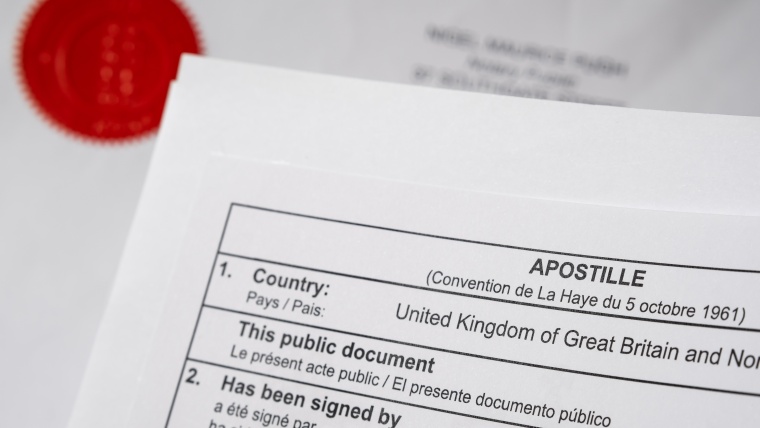We’ve all heard talk about some languages being in danger of extinction, and here at BLS we’ve even blogged about it. However, have we all missed something huge? Is English actually the most endangered language of all?
As English becomes the lingua franca of the world, it has become a tool of communication between people of different nationalities. When a French family go on holiday to Portugal, they will speak English to the waiters in the restaurants – it is common ground because everyone knows a little (or a lot) of English. Many people will almost exclusively use English to talk to non-English native speakers, rather than to English natives. This has led to a sort of pidgin language where it is becoming acceptable (or at least commonplace) to merely say English words (without proper grammar or with incorrect sentence structure), such as “he go shop” or “I learn English three years”. Therefore, while non-native speakers will continue to have a rich, expressive language as a native tongue, English will lose all its depth.
Of course, many language learners have a fantastic command of the English language with a large and elevated vocabulary, because they have actually studied English. What I am talking about here are those people who haven’t necessarily taken their language learning very far, who know a little English and use it simply to communicate.
But would a global pidgin English language be so bad? If English could be simple enough for 7 billion people to understand and communicate, by way of ‘he go shop’ or ‘I learn English three years’, then the world would, for the first time, have a simplified language which everyone could speak. However, the English language would then be even more corrupted than it already is. When we make a simple comparison between English and, say, French, or German, we can see that English has far fewer complexities, far more words, and has lost something through the years. Partly because it has become the lingua franca of the world and partly because English doesn’t have an academy.
So why doesn’t English have an academy? The purpose behind such organisations, the first of which was the (in)famous “L’Académie française”, founded in 1635, is to safeguard the purity and vitality of national languages. Concern for correct, pure, proper use of language is at least as old as the Sanskrit grammarian Panini, from around the 4th century BCE, who theorised, analysed and documented grammar rules for his language. While many people will think of “language endangerment” as a time when people are not using the language anymore, an equally serious form of “language endangerment” is a threat to proper, pure, educated speech and usage that forms the core raison d’être of Language Academies. This is undoubtedly a threat that the English language currently faces, and without a Language Academy to bolster and protect the English language, who knows what will become of it.
